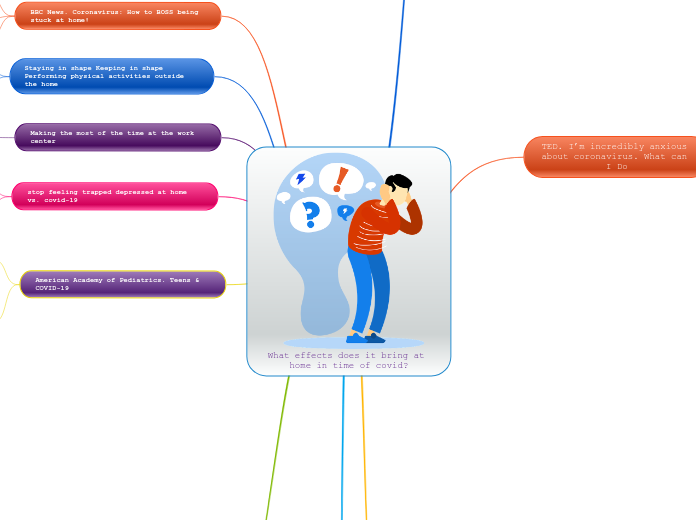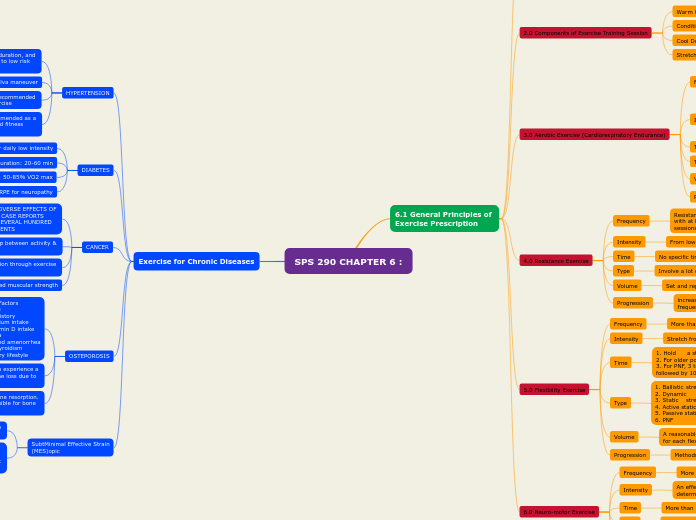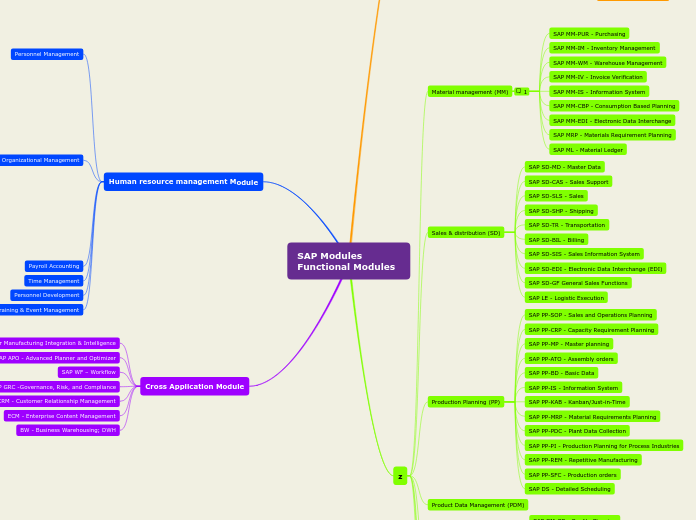What effects does it bring at home in time of covid?
sources
American Academy of Pediatrics. Teens & COVID-19
development of a media plan in front of covid-19
new responsibilities in changing their routines
using new platforms and interacting in videoconferences
Staying connected with teens in a safe way
having a relaxing break watching movies of your choice with family or friends
walking or jogging outdoors taking into account social distancing
reading a book is free space
have hobbies like making a dessert
singing among friends and family
where
have a place in the room that is clean and has space to place your work tools
Create task list structures and schedules to have better planning
Resting times ten minutes
Doing yoga to keep the mind busy and have better concentration
perform stretching for ten minutes
BBC News. Coronavirus: How to BOSS being stuck at home!
stop feeling trapped depressed at home vs. covid-19
Making the most of the time at the work center
Staying in shape Keeping in shape Performing physical activities outside the home
Sources
TED. I’m incredibly anxious about coronavirus. What can I Do
Psychological effects
The personal self-care strategy to help reduce its frequency and intensity.
6. Keep your perspective
If we take steps to actively manage our emotional health when we are stressed or distressed, we will be able to communicate with our loved ones
Humans are highly adaptable creatures "a new normal".
5. Limit your news consumption
Decide the specific times of the day when you will check the news and only at that time.
The consumption of information keeps us glued to the news.
4. Help yourself by helping others
Kindness, altruism and doing for others significantly improves the quality of your life.
One way to get unstuck is to help others in need.
3. Focus on what you can do as opposed to what you can’t
Doing chores around the house helps to counteract feelings of helplessness.
Focus on the actions you can take and not on those you cannot.
2. Focus on what’s in your control as opposed what isn’t
You can analyze what methods of care you can have to avoid contagion,
Pause what you are doing and change your mind.
1. Focus on what you do know as opposed to what you don’t know
Most people who get COVID-19 have minor, manageable symptoms.
Or you don't know when you will see loved ones living in other countries, but you do know that you can video chat with them and stay connected.
Subtopic
Important: How to control anxiety and reduce stress
Stress









